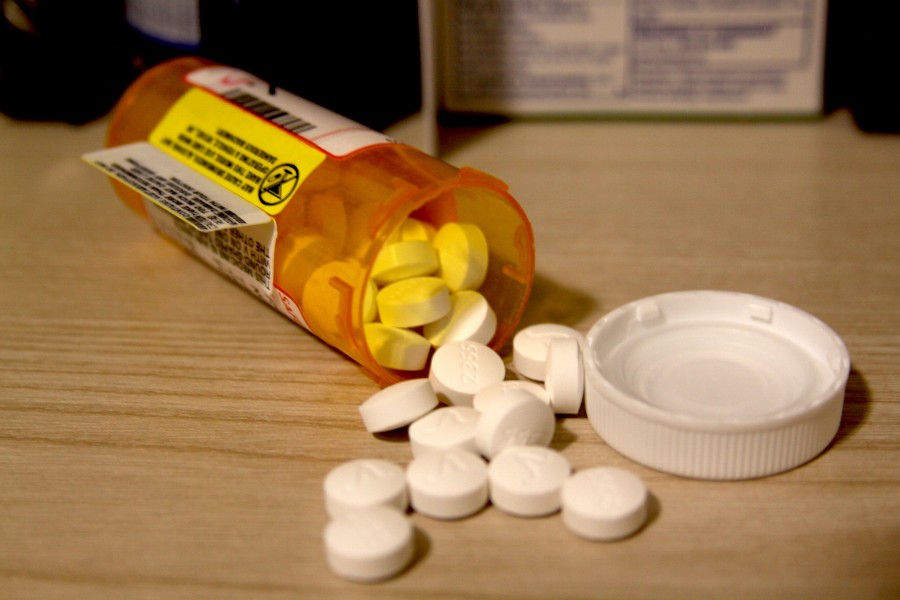Why Greed and Medicine Shouldn’t Mix
October 2, 2015
On September 20th, the price of a 62-year-old drug skyrocketed practically overnight, from $13.50 to $750 a tablet. After intense pressure from the public, Turing Pharmaceutical’s CEO, Martin Shkreli relented, and announced a price reduction in the coming month.
To put it simply, companies like Turing Pharmaceuticals are endangering the future potential of medicine. To understand why, however, some background information is needed.
Shkreli has a history working as a hedge fund investor, and uses high-risk methods to gain profit quickly. Specializing in healthcare businesses, he launched Turing Pharmaceuticals earlier this year to do just that. After purchasing the rights to Daraprim, a 62-year-old drug, his company held all marketing rights to the drug. Overnight, the price was increased by more than 5000%.
Daraprim is used to treat toxoplasmosis, a parasitic disease, which most commonly presents itself in patients suffering from AIDS or those undergoing treatment for cancer. Most people with healthy immune systems won’t contract this disease. However, patients who are immunocompromised, like AIDS sufferers, are much more likely to be infected through food contamination.
A full six-week course of treatment for toxoplasmosis after the price inflation will now be around $63,000. For an AIDS patient, the annual cost could be almost ten times higher, possibly as much as $634,000. For that price, it’d be more cost-efficient to take a vacation in a country where the prices haven’t been inflated, and get a course of treatment there. Even with insurance coverage, many patients will be unable to pay for a prescription, especially cancer and AIDS patients, who are already paying for a different course of treatment.
However, Shkreli isn’t the only one inflating drug prices for a quick profit. Around the same time as the increase of Daraprim, Rodelis, a Canadian company, recently raised the price of a tuberculosis drug from $15 a pill to $360. Like Shkreli, they withdrew their inflation after intense pressure. This tactic of increasing the price of a specialized drug is extremely commonplace. Companies select drugs with selling rates that are lower than other prescribed drugs, but still high enough to turn a profit. They then raise the prices without the general public feeling the effects, leaving the unfortunate few to pay for the overpriced medication.
Pharmaceutical companies that practice this tactic are setting a dangerous precedent for the future. Now, imagine a world where the public didn’t fight against unethical tactics such as this. As more useful drugs are developed, it will be much more common for companies to set outrageous prices for these drugs. Greed takes priority over curing medical conditions, and more people suffer as a result. If a miracle drug for cancer was developed, nothing would stop companies from pricing it for the rich except public outlash. Public opinion is powerful, but only when it is vocalized.





